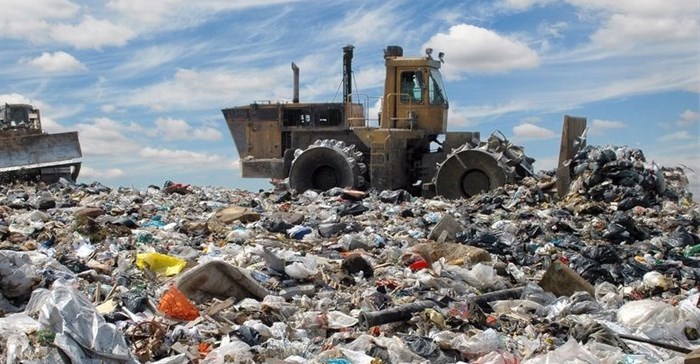





The fuel is equivalent to A Grade coal and as such, forms a very suitable and robust alternative to fossil fuel use. Such fuels can be used within sole/co-feeding plants and replaces conventional fuels in production plants for power generation, steam generation, heat generation, cement kilns and other suitable combustion installations.
“Increasing waste volumes in emerging economies is certainly placing strain on waste management systems where in fact, it is estimated that municipalities in these countries spend up to 50% of their budgets on solid-waste management,” says Mike Nicholls, divisional director for technical services at Interwaste.

“Africa is no different, and this type of spend is indicative of the very need for organisations to innovate within the waste sector – finding smart ways of using waste to improve operational efficiencies and to lessen the need for solid waste management in its traditional form. This is where RDF plays a critical role by creating new waste outlets that are functional and reduce the continent’s reliance on fossil fuels.”
The company’s RDF plant aims to reduce waste to landfill and, through the export of RDF internationally, Interwaste has diverted thousands of tons of, otherwise un-recyclable, wastes from landfill and created a solid recovered fuel – to European standards – for use within the cement industry.
Where Africa is a resource constrained economy, and less mature in terms of commitment to improving carbon consciousness, solutions that enable the move towards such change are critical in becoming a true global player in the move towards greener economies.
“While RDF is certainly about moving waste from landfill and creating conscious organisations across Africa and globally, it is very critically about providing organisations – anywhere on the continent and abroad – with a solution that reduces their carbon footprint and improves cost and operational efficiencies,” continues Nicholls.
The provision of these fuels also contributes to South Africa’s job creation and has not only opened up in excess of 100 jobs within the sector, but, is a critical constitutional imperative in line with changing legislation governing South Africa – and reasonably soon, Africa too.